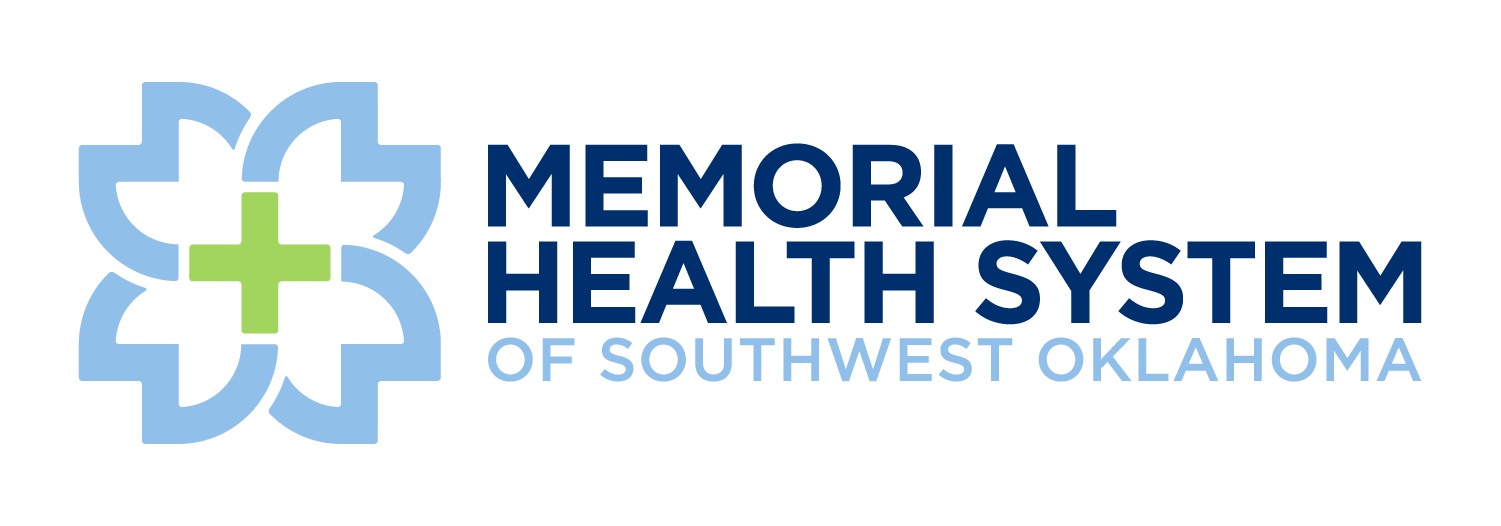In the healthcare setting it’s easier to think about the patients who might be at risk of suicide than about our peers who might be at risk. But suicidal thoughts effect all groups and occupations. As co-workers, we are in a good position to notice changes that may suggest a team member is contemplating suicide.
Most people who take their lives exhibit one or more of the following warning signs.
- Talking about wanting to die or to kill oneself
- Looking for a way to kill oneself, such as searching online or obtaining a gun
- Talking about feeling hopeless or having no reason to live
- Talking about feeling trapped or in unbearable pain
- Talking about being a burden to others
- Increasing the use of alcohol or drugs
- Acting anxious or agitated; behaving recklessly
- Sleeping too little or too much
- Withdrawing or feeling isolated
- Showing rage or talking about seeking revenge
- Displaying extreme mood swings
These warning signs indicate a serious risk for suicide, especially if the behavior is new or has increased or is related to a recent, painful event such as a break-up, financial set-back, family disruption or trauma. If you spot one or more warning signs, don’t wait for someone else to act.
The BeThe1To campaign suggests five action steps you can take:
- Ask your co-worker, “Are you thinking about suicide?” then listen without judgement.
- Keep them safe. If the person has a plan or if they have immediate access to means and intend to take their life, they are in immediate danger and need emergency services.
- Be there. Whether in person or on the phone, being there increases connectedness and shows support.
- Help them connect, for example, by calling the Suicide Prevention Lifeline (800-273-8255), referring to a mental health provider, reaching out to a counselor or other community or workplace resources.
- Follow up. Giving them a call, sending a text, and other forms of contact are an important part of showing support and preventing suicide.
Patients are not the only ones who may be at risk. Our peers in healthcare may be at risk, too. We can help prevent suicide by being aware of these warning signs and by our willingness to act.

